You guessed it, he chose the clapped out Liddell coal-fired power plant.
AEMO, the Australian Energy Market Operator, said New South Wales may be short of power when Liddell closes, as scheduled, in 2022, based on known plans and government policy positions, federal and state. AEMO had just published two documents – Electricity Statement of Opportunities for the National Electricity Market and Advice to Commonwealth Government on Dispatchable Capability. Apart from the risk of blackouts this coming summer in SA and Victoria, the next pressure point could be in 2022 in NSW with the closure of Liddell.
As David Blowers of the Grattan Institute said, the second report carried a clear message, though not stated directly – the system is broken a bipartisan clean energy policy is badly needed. Continue reading Turnbull’s choice – a clapped out coal burner or a clean energy plan

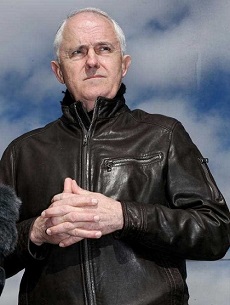 While Malcolm Turnbull equivocates on a Clean Energy Target, he has called the electricity retailers to Canberra once again to jawbone them about electricity prices. Yet the industry keeps telling him the single factor most needed to bring electricity prices down is more investment in renewable energy, which would be facilitated by a Clean Energy Target (CET).
While Malcolm Turnbull equivocates on a Clean Energy Target, he has called the electricity retailers to Canberra once again to jawbone them about electricity prices. Yet the industry keeps telling him the single factor most needed to bring electricity prices down is more investment in renewable energy, which would be facilitated by a Clean Energy Target (CET).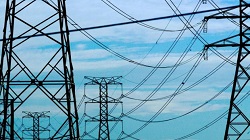

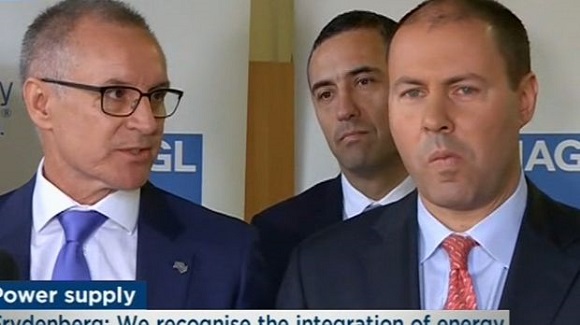
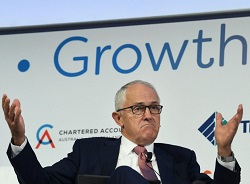 Malcolm Turnbull has now, for reasons best known to himself, elevated “energy crisis” to a “national security” issue. Ben Potter
Malcolm Turnbull has now, for reasons best known to himself, elevated “energy crisis” to a “national security” issue. Ben Potter 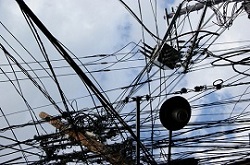 A number of reasons are being given for what was a relatively minor power blackout in South Australia, for example in Giles Parkinson’s excellent article,
A number of reasons are being given for what was a relatively minor power blackout in South Australia, for example in Giles Parkinson’s excellent article,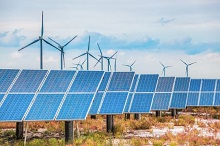 Continuity of electricity supply is no trivial matter. Back in April-May 1996 at our place we had rain on 14 consecutive days. Over the period we had 833 mm or over 33 inches in the old language. A renewable energy electricity supply system needs to survive such a challenge, as do home off-gridders. Imagine not just the lights out, but rotting food in the refrigerator, no pumping of petrol at the bowser, the refrigerators and lights failing at the supermarket, no water coming out the tap. For the whole Brisbane area.
Continuity of electricity supply is no trivial matter. Back in April-May 1996 at our place we had rain on 14 consecutive days. Over the period we had 833 mm or over 33 inches in the old language. A renewable energy electricity supply system needs to survive such a challenge, as do home off-gridders. Imagine not just the lights out, but rotting food in the refrigerator, no pumping of petrol at the bowser, the refrigerators and lights failing at the supermarket, no water coming out the tap. For the whole Brisbane area.